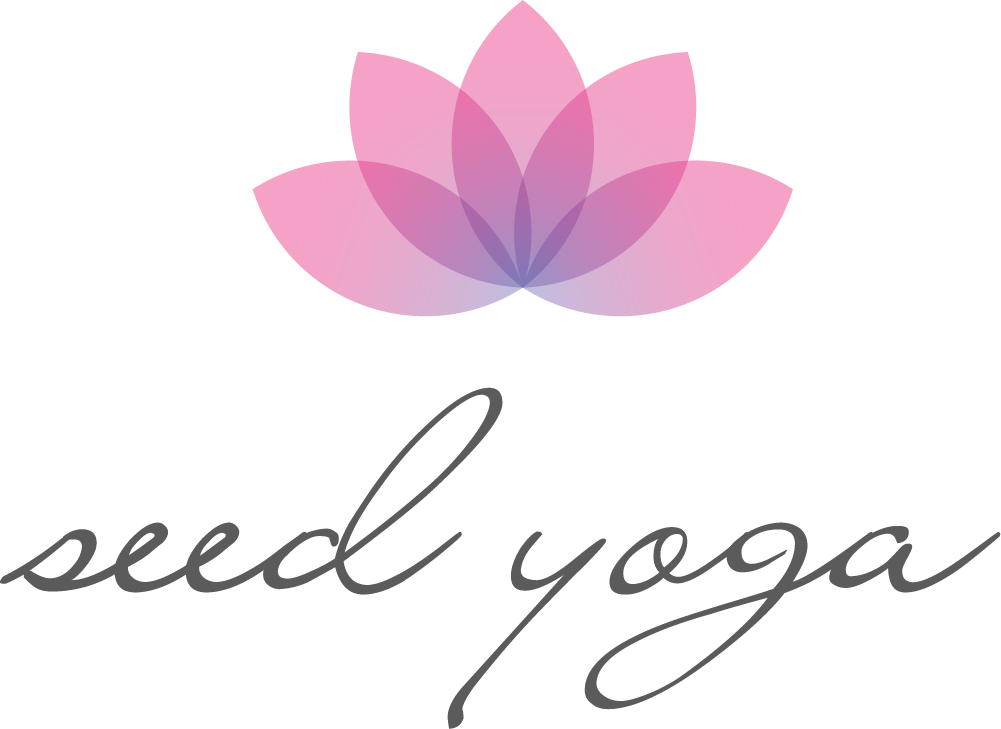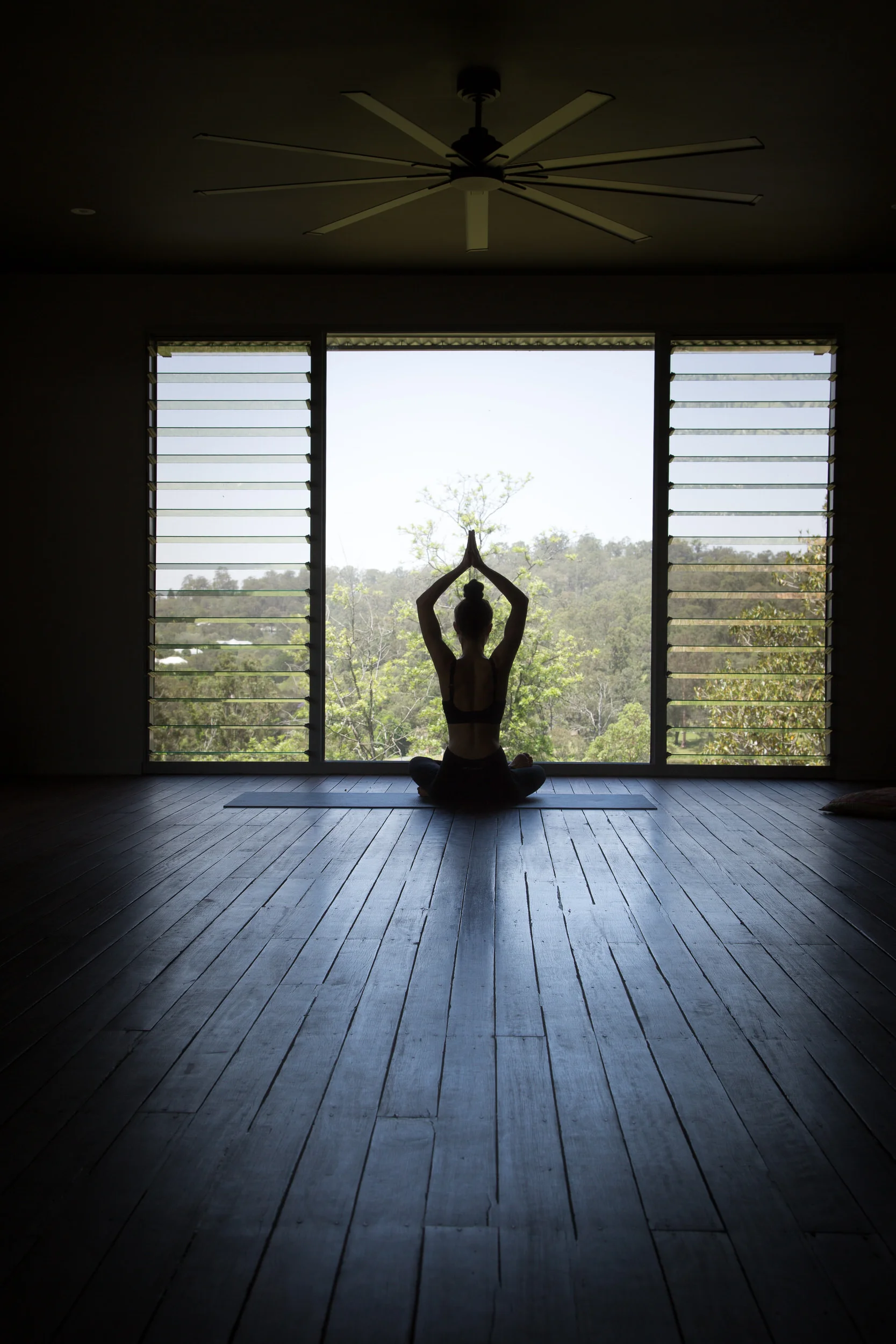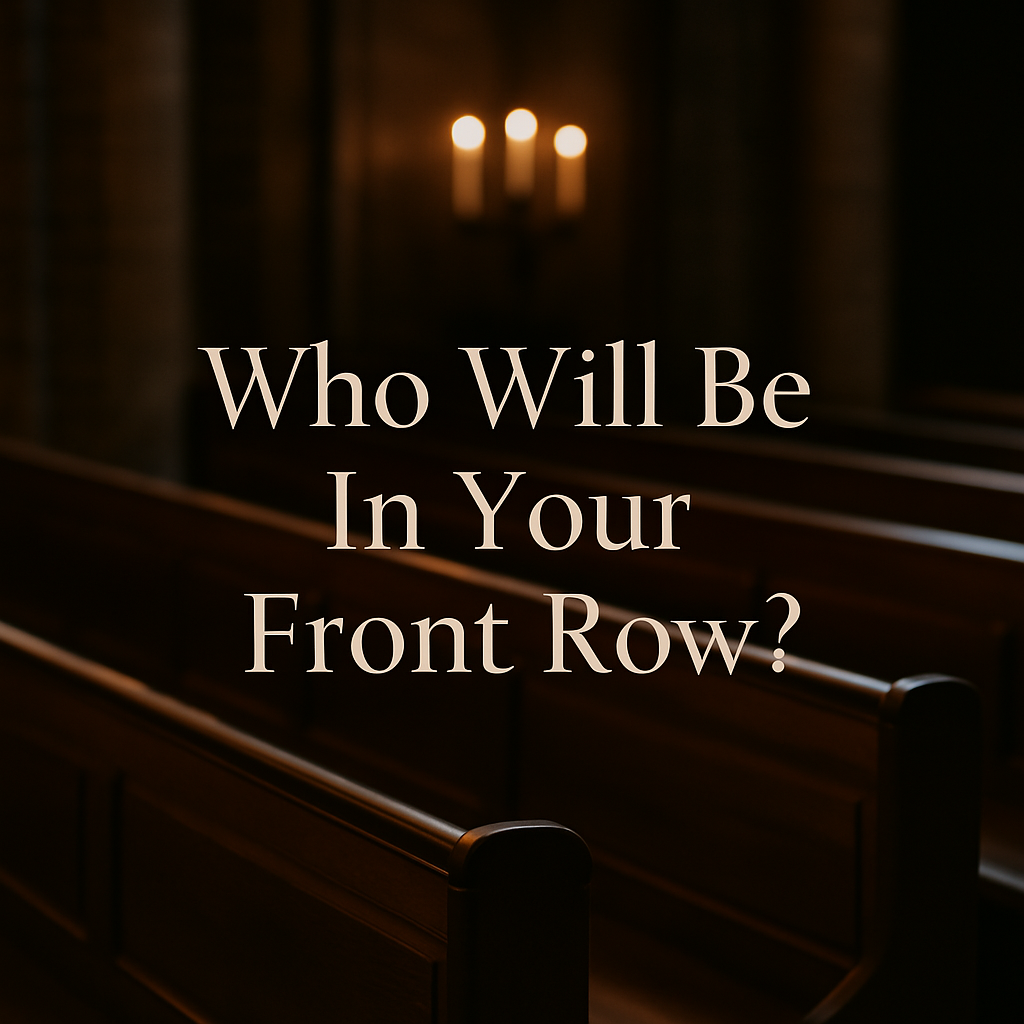I’ve been sitting with this inquiry for a few years now - watching it show up in conversations, social media and personal experiences.
Writing is the way I process what feels complex or unnamed and helps me find language for what feels true (to me) and, I genuinely hope it can help others see things that might be felt but not named.
In today’s world there is a-lot of talk about power, inequality and healing, and words such as privilege and entitlement often get used and sometimes interchangeably.
But they are not the same.
And understanding the difference matters - especially in conversations about justice, compassion and responsibility.
Read More












